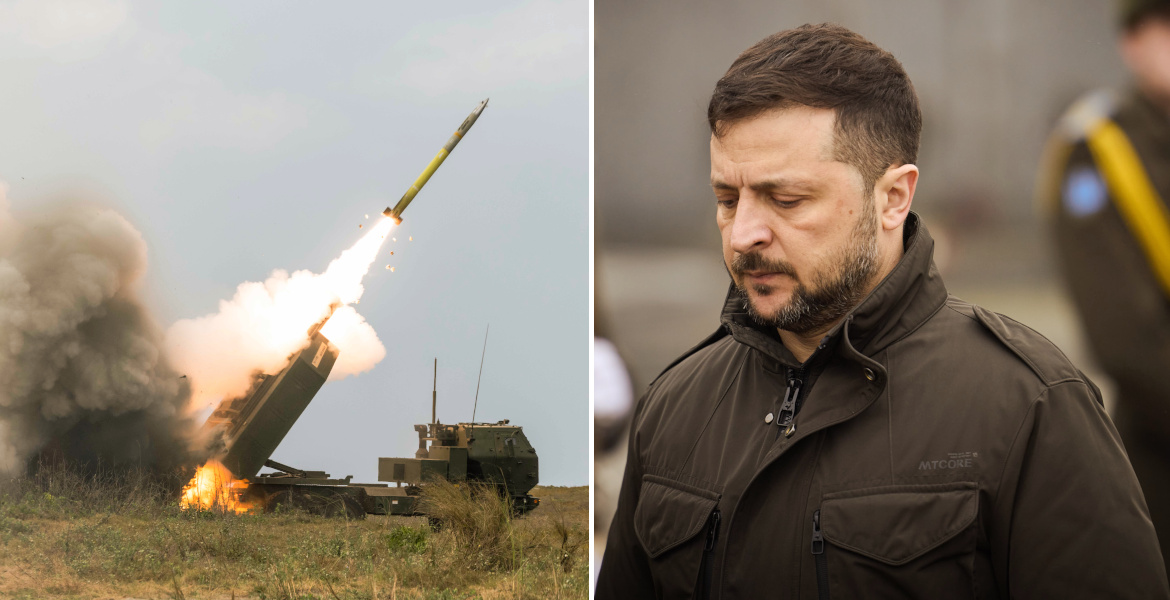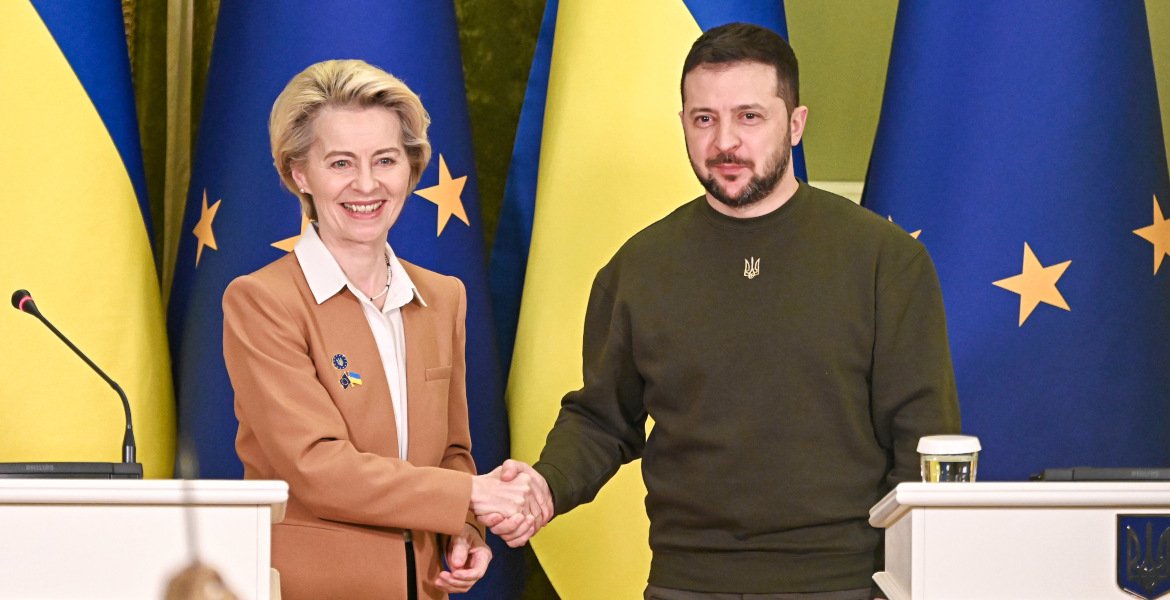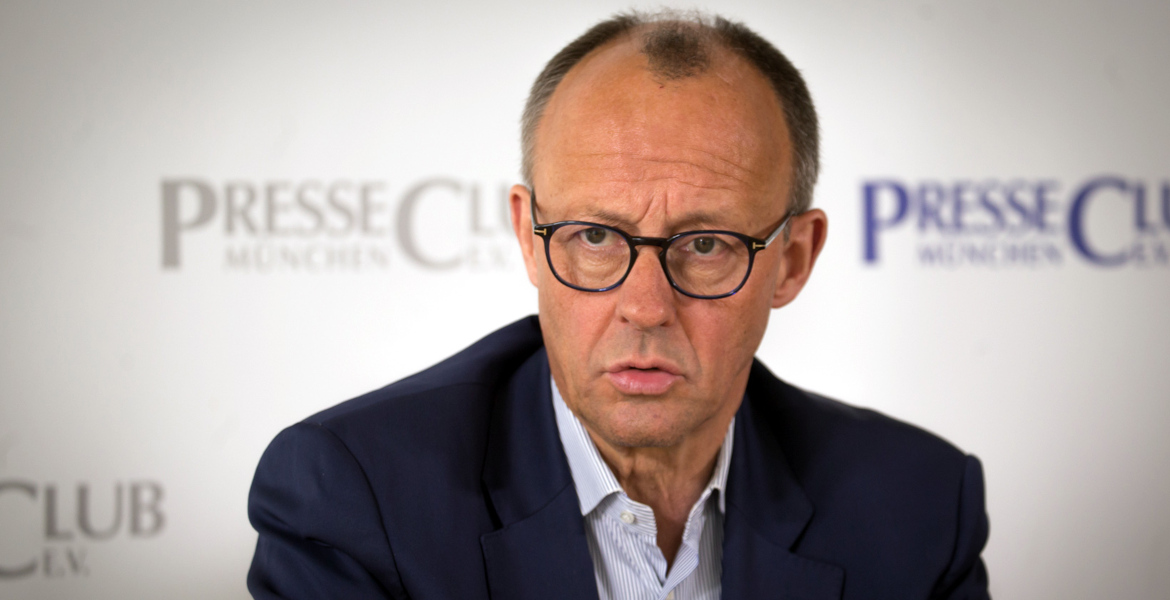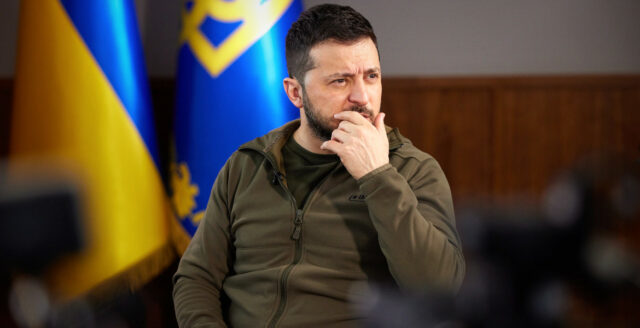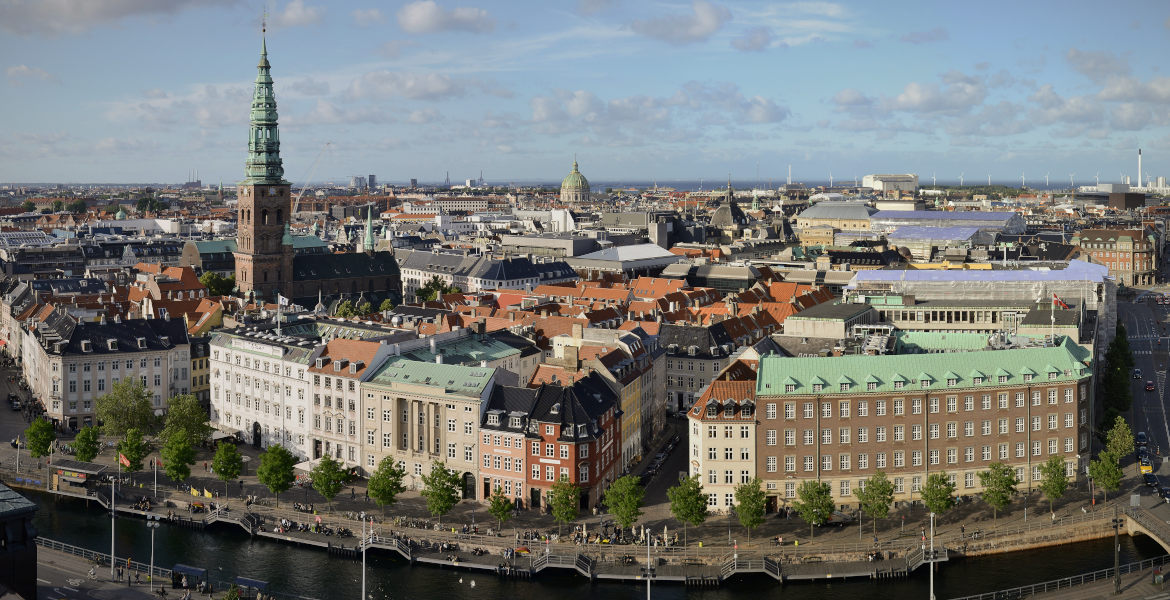Ukrainian President Volodymyr Zelensky thanks US-based companies for their support to Ukraine. Among other things, he openly boasts of cooperation with controversial financial giants Goldman Sachs, BlackRock and JP Morgan.
The pledge to US companies from Zelensky came as the US business network National Association of State Chambers (NASC) held its annual "Winter Meeting" at the end of January.
Volodymyr Zelensky participated in the meeting via video link and expressed how "American companies can become a locomotive for global economic growth" after the end of the war, but also that the ties between large American companies and Ukraine are already significant.
- We have already managed to attract attention (from) and have cooperation with such giants of the international finance and investment world as BlackRock, J.P. Morgan and Goldman Sachs," Zelensky says, going so far as to declare that American big business has become part of "the Ukrainian way".
- American brands like Starlink or Westinghouse have already become part of our Ukrainian way. Your brilliant defence systems - like HIMARS or Bradleys - are already linking our history of freedom with your companies. We are waiting for Patriots. We're (also) watching Abrams closely, he continues in the nearly seven-minute speech.
Zelensky began the speech by declaring that it is "obvious that American companies can be the locomotive that will once again drive global economic growth" and that it is "a great business opportunity" to stand with Ukraine.
- And I believe that freedom must always prevail, he added.
The National Association of State Chambers is an organization that aims to unite and mobilize state chambers of commerce. It describes itself as the "leading voice for business" in the 50 states of the United States. This is according to its official website.

